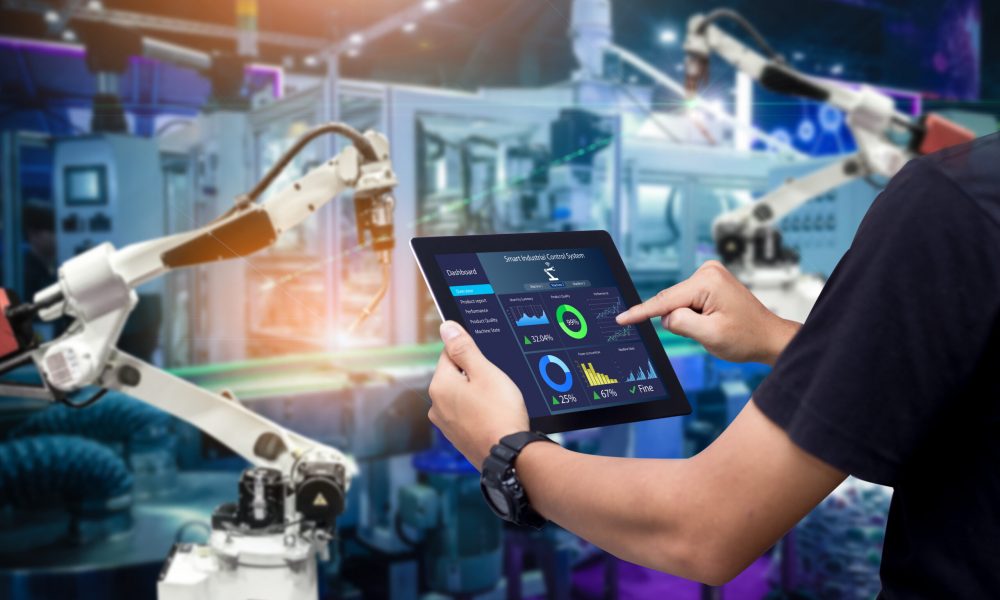OpenAI Unveils Experimental ‘Swarm’ Framework, Igniting Debate on AI-Driven Automation
OpenAI has introduced an experimental framework called “Swarm,” designed to orchestrate networks of AI agents. This unexpected move has sparked significant discussions among industry leaders and AI ethicists, particularly regarding the future of automation in business operations. While OpenAI emphasizes that Swarm is not an official product, the framework’s capabilities in facilitating networks of AI agents collaborating autonomously have drawn widespread attention.
Swarm allows developers to create multi-agent systems capable of communicating and solving complex tasks with minimal human input. Though multi-agent systems are not new, Swarm is seen as a step toward making these systems more accessible to developers. The release highlights the potential of AI-driven networks to automate various business functions, from market analysis to customer support, raising questions about the role of human oversight in the workplace.
The framework’s business applications could be transformative. For example, a company could deploy specialized AI agents across departments, potentially boosting efficiency by automating decision-making processes and freeing employees for more strategic tasks. However, this shift raises concerns about the impact on human roles and decision-making in highly automated environments.
Ethical questions surrounding Swarm have also come to the forefront. Experts warn of the risks, such as security vulnerabilities and biases in AI decision-making, which could have significant societal impacts. The possibility of job displacement further complicates the discussion, as fears of increased white-collar automation clash with the idea that Swarm could create new types of jobs.
Despite Swarm’s potential, OpenAI has made it clear that the framework is experimental. Shyamal Anadkat, a researcher at OpenAI, clarified on Twitter that Swarm is not intended for production use, comparing it to a cookbook for building basic AI agents. This statement tempers expectations but does not diminish Swarm’s significance as a conceptual model for future AI ecosystems.
The conversation surrounding Swarm underscores the need for collaboration among technologists, ethicists, and policymakers to ensure that AI’s development aligns with societal values. As developers begin exploring Swarm’s possibilities, the tech world is closely watching how OpenAI and others will shape the trajectory of multi-agent AI systems.

